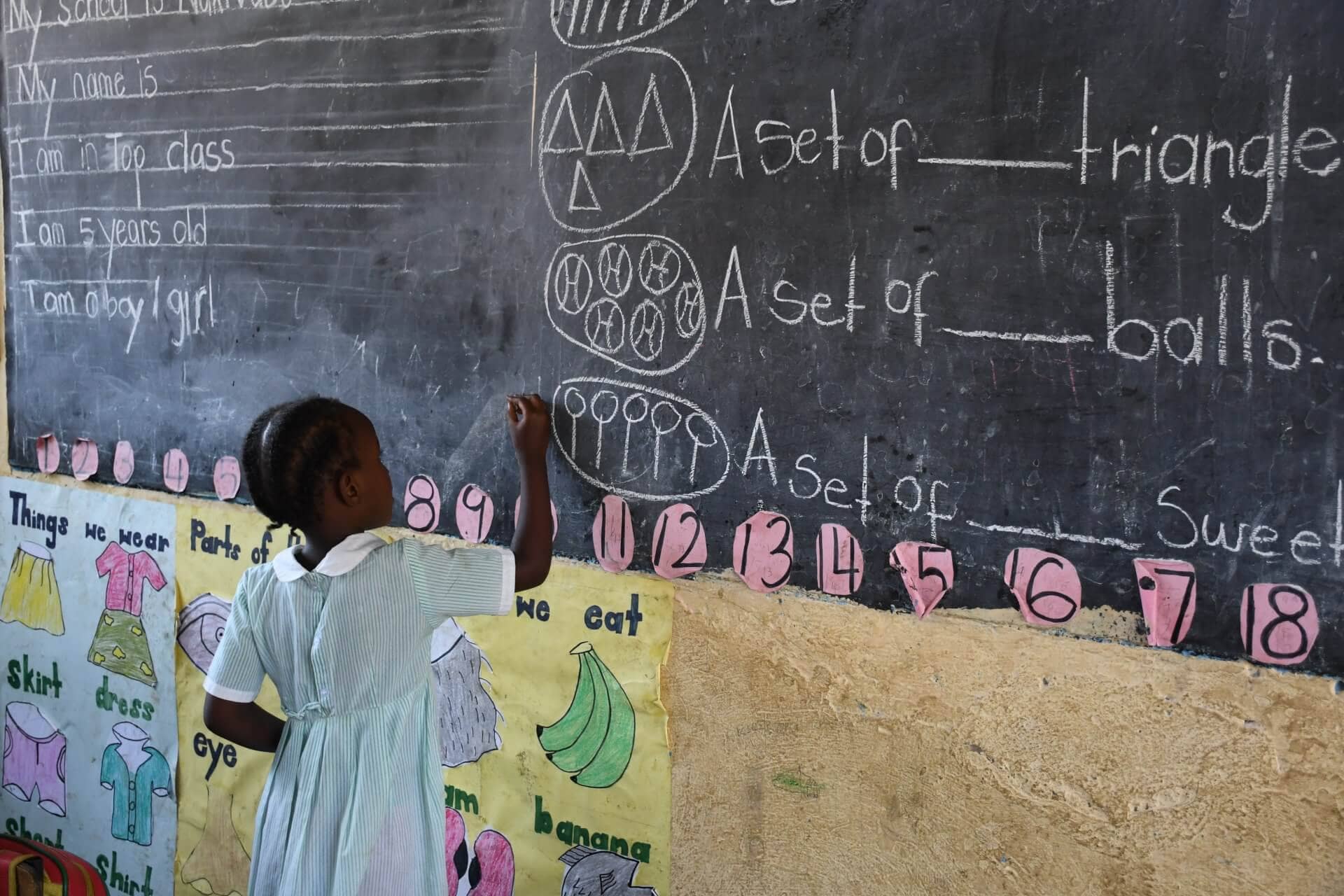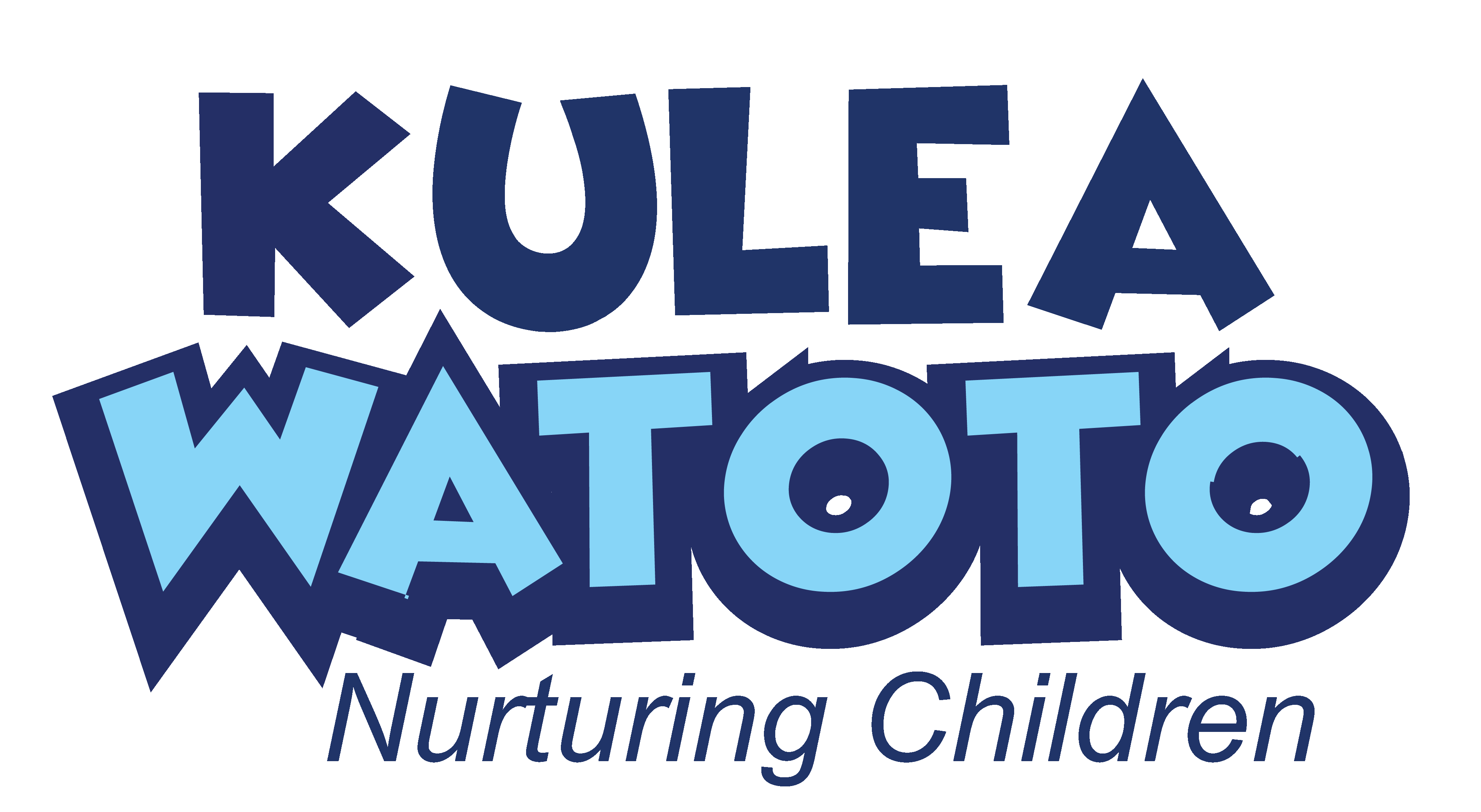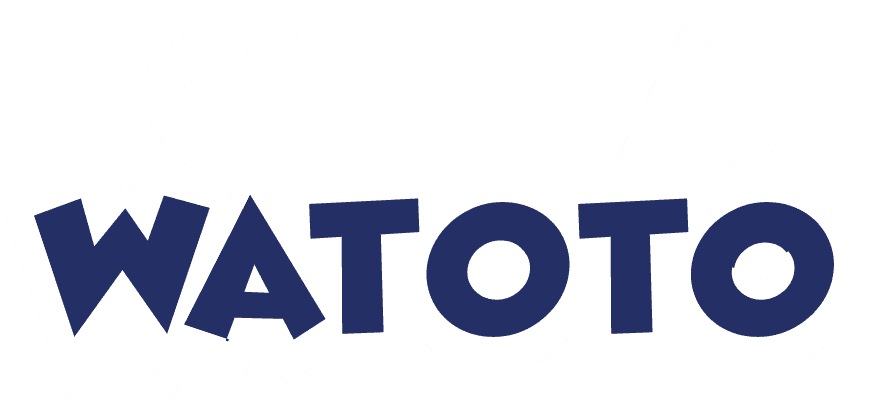Our ECD Services
In collaboration with community members, we implement learning and activity sessions in the format of group and/or home visits to increase caregivers’ engagement in responsive caregiving and early learning.

Responsive caregiving and early learning sessions are intended to improve caregivers’ ability to notice and respond to their child’s needs, integrate playful learning activities into everyday moments at home, develop mutually safe and rewarding relationships with their children and encourage positive social cues for their child. Caregivers will be interviewed before and after the intervention to track the scale up of responsive caregiving and early learning opportunities at home.
Caregivers that participate in our household-level sessions define ECCD Action Plans that include engagements with relevant services in their communities. Actions include attending organized play groups at local ECCD centers. The individual-level Action Plans are designed by the caregivers, giving them the autonomy to build a path forward that will prioritize their children’s unique needs, while also building their connection to the local ECCD service environment.
Nurturing Care Framework
Kulea Watoto project appreciates the nurturing care framework, developed by WHO, the World Bank and UNICEF, that outlines five components of critical care for children: good health, adequate nutrition, safety and security, responsive caregiving, and opportunities for learning.
Caregivers – parents, close family members or other in-home guardians – play a critical role in the delivery of nurturing care – and their ability to deliver this care depends especially on their economic wellbeing. At the same time, community-level support is needed in ECCD centers for teachers – including nursery, daycare, or other pre-primary school-based caregivers – as well as other local leaders and decision makers.

SUBSCRIBE TO OUR NEWSLETTER
Get the latest updates of
Kulea Watoto's milestones

